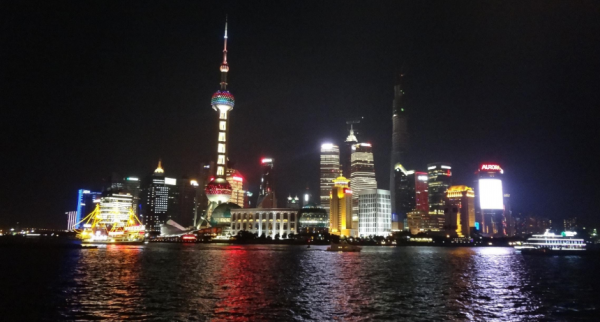The UK P&I Club informs operators that during the recent XIX Party Congress in Beijing, the local authorities in China implemented enhanced security measures at all ports.
Specifically, crew members were required by local authorities to surrender their mobile phones or other electronic devices for inspection when ships call at ports in China.
It therefore appears that the security measures brought in during the recent Party Congress, although at a moderated level, may continue to be applied and become part of routine inspection of ships and their crew members when ships call at ports in China.
The legislative framework for such inspections is complex but it basically derives from China’s national security legislations, specifically article 27 of “The People’s Republic of China Regulations on Exit and Entry Frontier Inspection”
The Club’s local correspondent, Huatai Insurance Agency & Consultant Service Ltd, suggests crew members to delete from their electronic devices any sensitive information or images which might be regarded as unlawful before calling at ports in China.
It should be remembered that China prohibits images and information which might be regarded by the authorities as immoral or posing a security threat, the UK Club notices.
Operators are requested to remind their crew members to take the precautionary steps that Huatai recommends when their ships call at ports in China.
In the event that sensitive information is found, the penalty applied may be from the relevant Chinese regulation or law.
In a case in which Huatai was involved, fines were imposed on the ship owner under article 80(2) of the Counter-Terrorism Law. The crew members were also detained in that case and it is therefore not unforeseeable that ship’s operations may be affected.
Other provisions of the Chinese regulation include:
- A penalty of 10 to 15 days detention and a concurrent fine of up to RMB10,000 may be imposed, in the event of a violation.
- Public security organs are empowered to gather and collect relevant information and materials in their investigation of suspected terrorist activities.
- The Law contains provisions for the public security organs to interrogate, check on, or summon suspected persons, and to collect from them and to store their images, finger prints, iris imagings, other physiological identifying information and biological samples of blood, urine and others.






























































